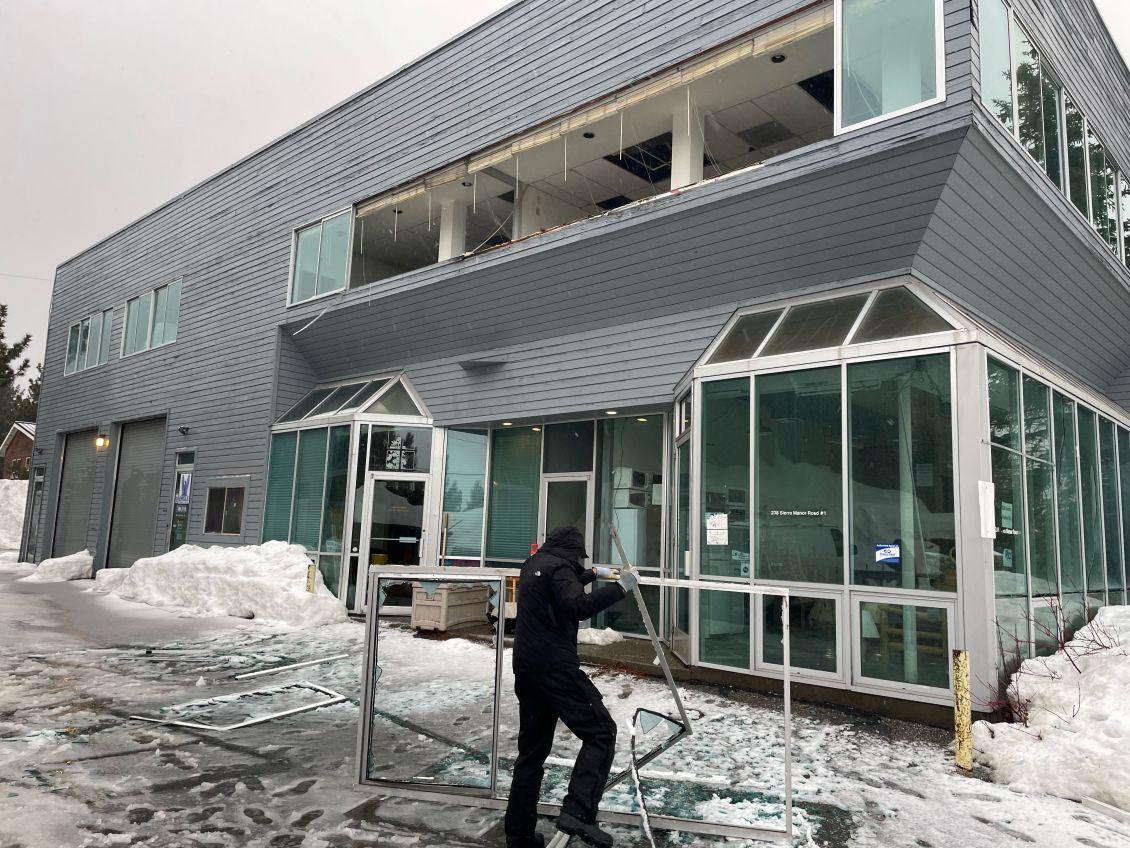In 2017, Mammoth Lakes Housing — a small nonprofit community housing developer in the rural mountain town of Mammoth Lakes, California — set out to transform an aging industrial building into 13 affordable apartments. The team was discouraged, however, when the bid for the project came in millions of dollars over the funding they had secured. Mammoth Lake Housing lacked a deep capital reserve or guarantee of ongoing capital infusions to cover the costs that would get the development across the finish line.
At a critical moment, Mammoth Lakes Housing secured Section 4 funding to move ahead with the development, now scheduled to be completed in 2025. The funding, awarded through Enterprise, helped to cover pre-development expenses, financial consulting services, and value-engineering, which were crucial to getting the affordable housing off the ground.
“Without Section 4 to help fund the value-engineering by the architects, engineers, and general contractor, this project may have been permanently halted due to our inability to secure millions in additional funds for the construction,” said Patricia Robertson, Mammoth Lakes Housing’s executive director.
Mammoth Lakes Housing is not alone in facing challenges with financing affordable housing in rural areas. Compared to more urban areas, rural housing developers grapple with fewer financial options, lack of available professional assistance, and labor shortages. Additionally, the costs for these services can be exorbitant in remote areas. The high demand for contractors in rural communities also stagnates affordable housing development.
“Enterprise has made strides in rural communities by assisting nonprofits; local, state, and federal agencies; and public housing authorities to develop quality homes,” said Robin Wolff, Enterprise’s senior director for rural communities. “This support empowers our grantees as they work toward creating more affordable housing options and opportunities for the families and individuals they serve.”
Mammoth Lakes Housing — like other affordable housing developers in rural areas — uses ingenuity and determination to find ways to develop affordable housing in its service area encompassing Inyo, Mono, and Alpine Counties in California. Housing that received funding from the state’s Homekey initiative opened last month, including 15 studio apartments. The nonprofit is currently pursuing an acquisition rehab and is also involved as a co-developer in a tax credit project aimed at creating 70 affordable units in the town of Bishop.
In June, the organization was named a “nonprofit of the year” by the California State Senate. “This type of support gives us confidence and keeps our spirits up knowing that people care about the work that we are doing,” Robertson said.
